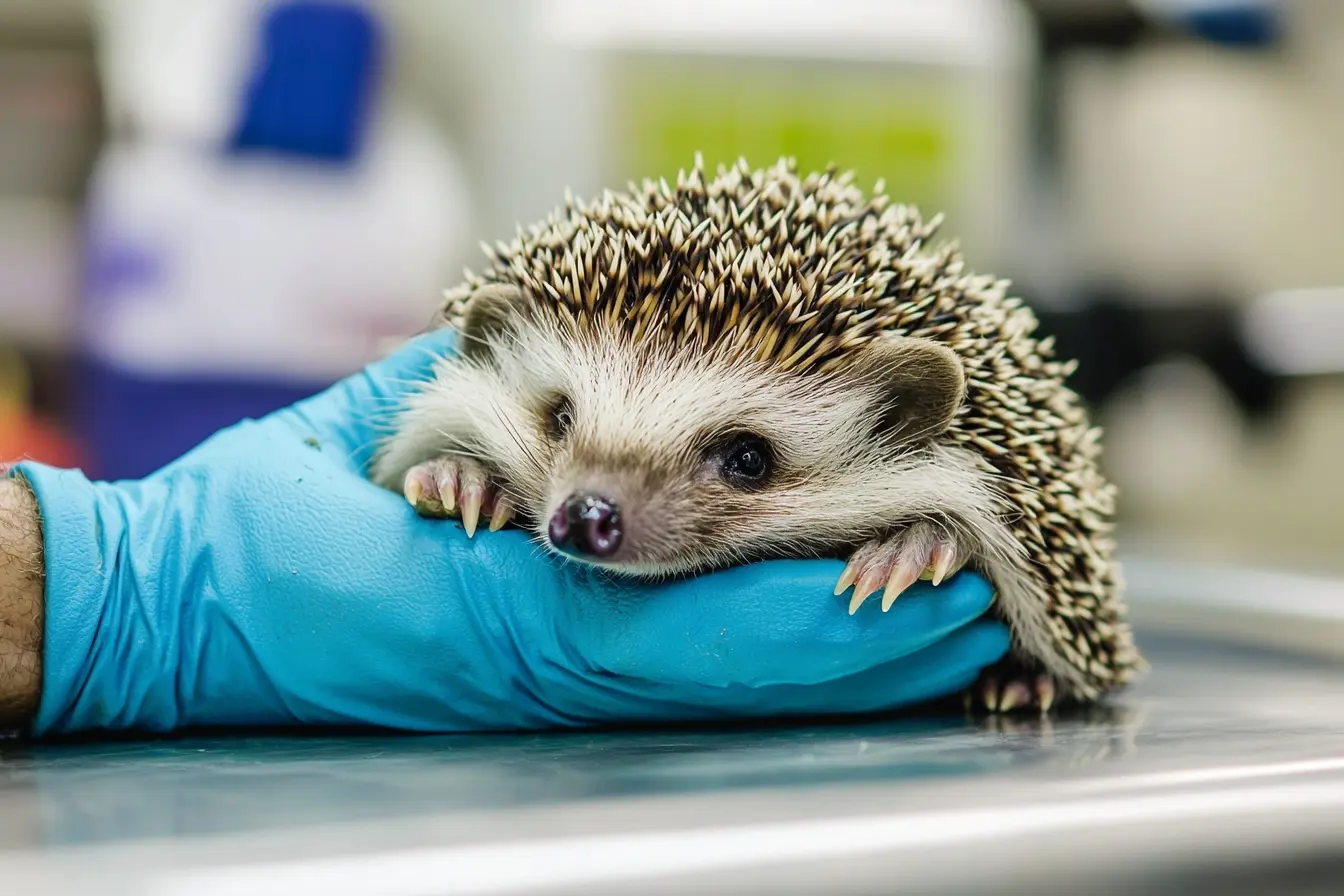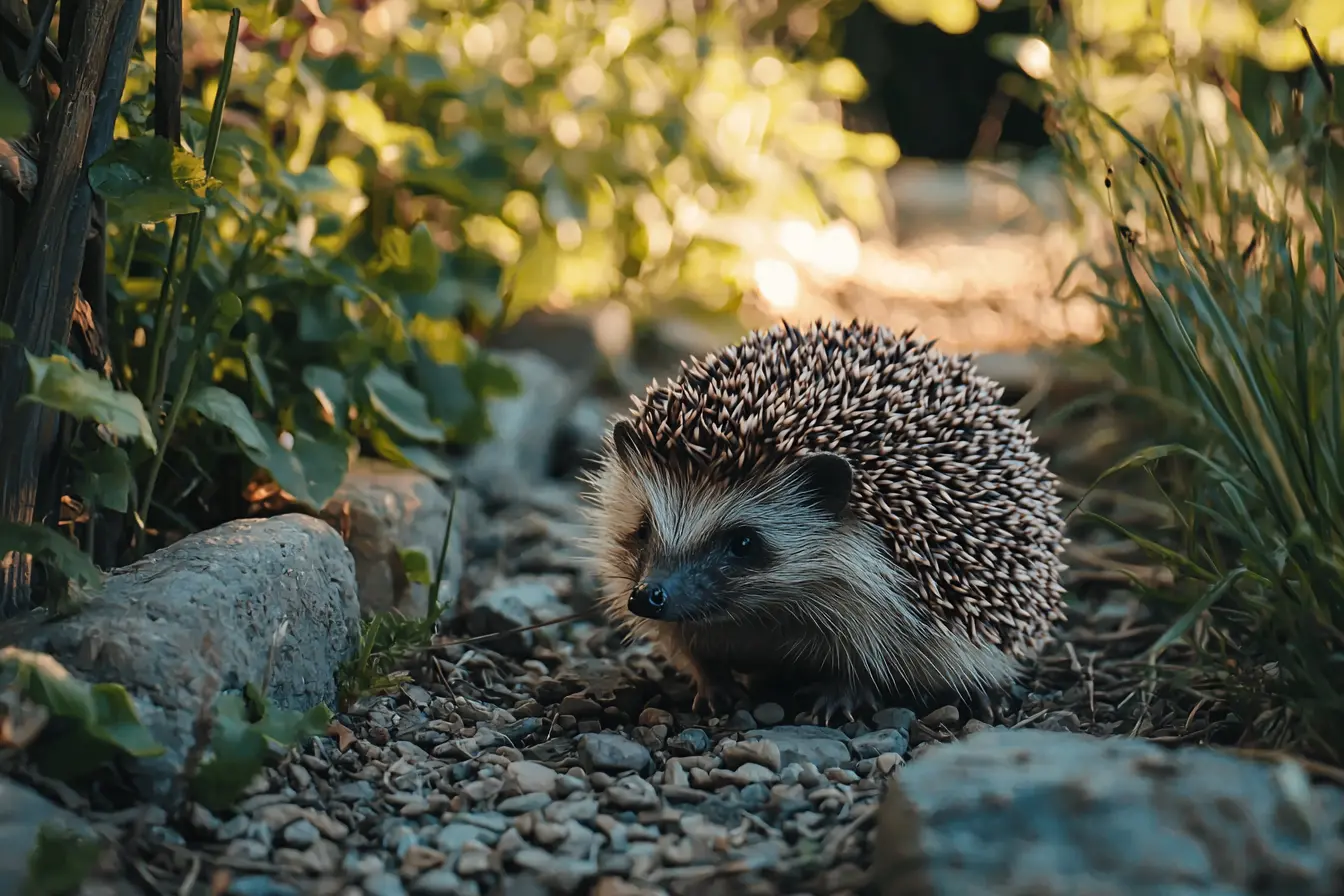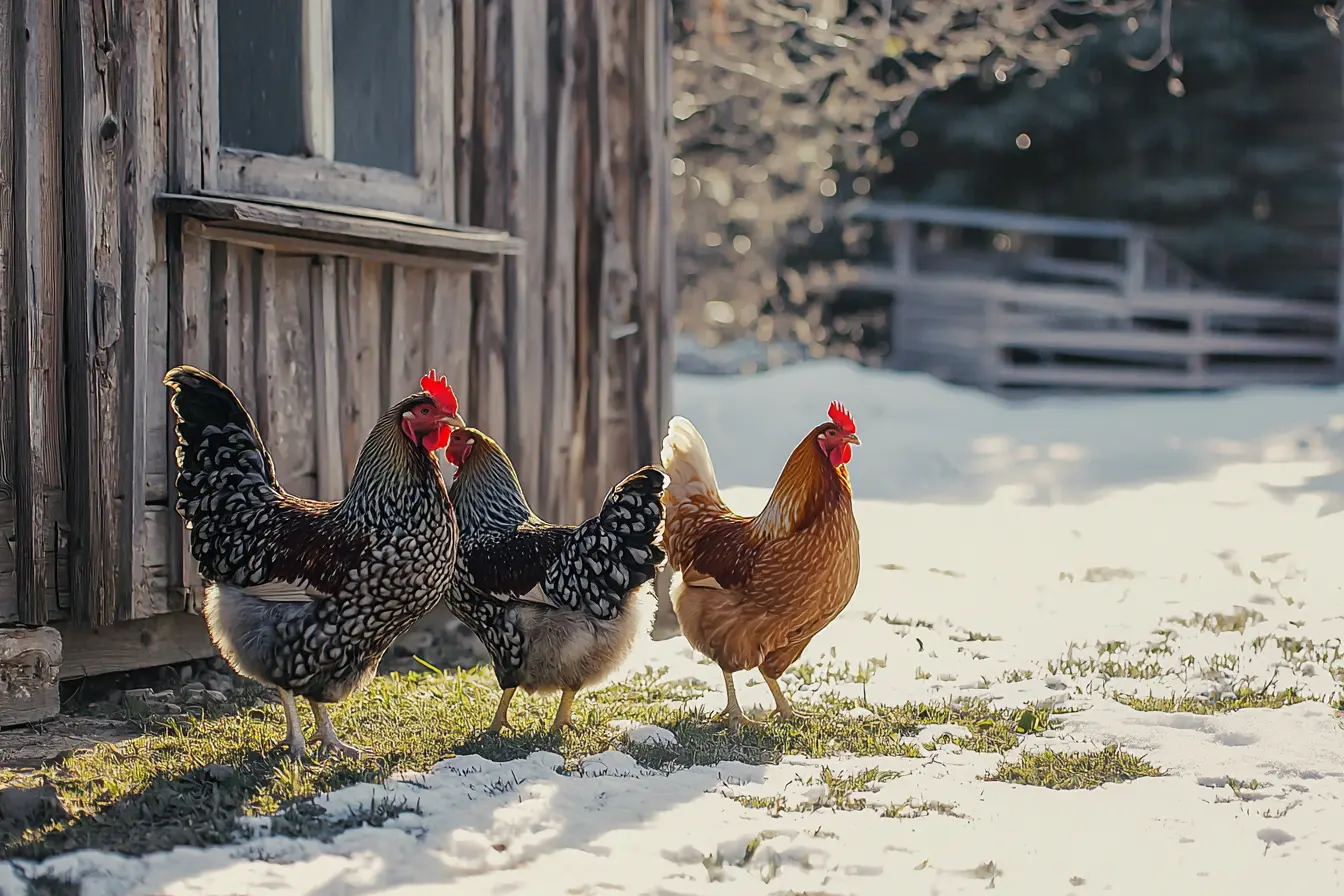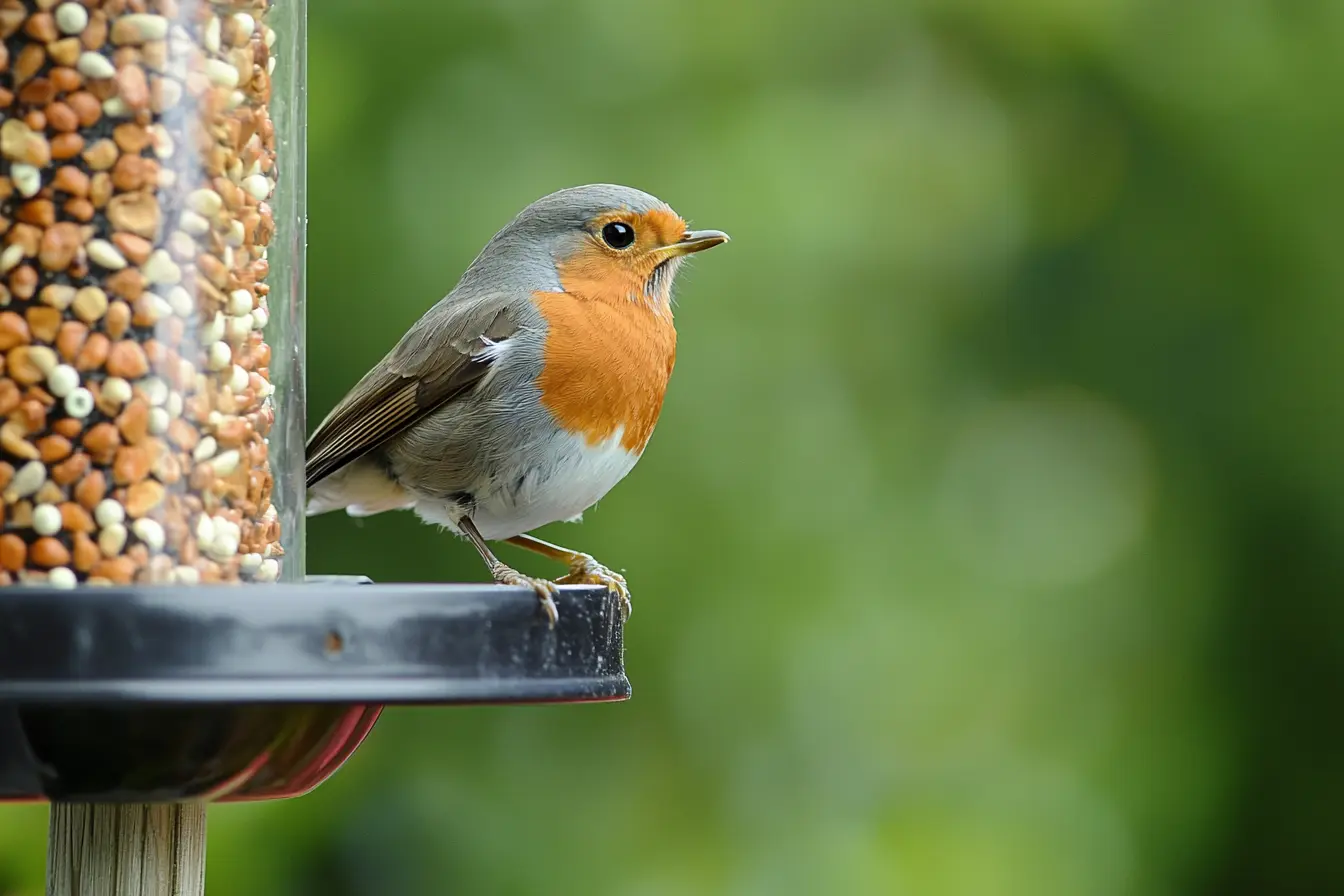
What to Do If You Find an Injured Wild Animal in the UK
Encountering an injured wild animal can be distressing, and knowing the right steps to take is crucial. In the UK, wildlife is protected under various laws, and interfering unnecessarily can sometimes do more harm than good. This guide will walk you through everything you need to know about handling injured wildlife responsibly.
Assessing the Situation
Before intervening, observe the animal from a safe distance to determine the extent of its injuries. Many wild animals, particularly young ones, may appear abandoned or injured when they are actually fine.
Key Considerations:
- Is the animal in immediate danger? If it's on a busy road or exposed to predators, it may need help.
- Is the injury severe? Open wounds, broken limbs, or visible distress indicate the need for assistance.
- Is the animal a baby? Some young animals, like fledgling birds, are often left alone temporarily by parents and don’t need rescuing.
If the animal is uninjured but in a dangerous location (e.g., a road), it may be best to move it to a safer spot nearby rather than take it away.
When to Intervene
You should intervene if:
- The animal has an obvious injury (e.g., broken wing, bleeding wound).
- It is unable to move or appears weak and unresponsive.
- A baby animal is genuinely abandoned (e.g., a young bird without feathers that has fallen from a nest).
If in doubt, always seek expert advice before taking action.
Who to Contact
In the UK, several organisations can help with injured wildlife:
- RSPCA (Royal Society for the Prevention of Cruelty to Animals) – Call 0300 1234 999 for advice and assistance.
- Wildlife Rescue Centres – Local centres often have the facilities to care for injured wildlife.
- British Hedgehog Preservation Society – Call 01584 890 801 if you find an injured hedgehog.
- The Bat Conservation Trust – Call 0345 1300 228 for help with injured bats.
- Scottish SPCA (Scotland only) – Call 03000 999 999.
Handling the Animal Safely
If advised to move the animal, follow these guidelines:
- Use gloves or a towel to protect yourself and reduce stress for the animal.
- Place it in a well-ventilated box lined with soft material like a towel.
- Keep it in a quiet, dark place until help arrives.
- Do not attempt to feed or give water, unless specifically instructed.
- Minimise handling to avoid causing further stress.
Specific Animal Handling Tips
- Birds – Use a towel to gently pick them up and place them in a box.
- Hedgehogs – Wear gloves as they may have parasites or be covered in fleas.
- Deer and Larger Animals – Do not attempt to handle them; call a wildlife rescue organisation instead.
- Bats – Never handle with bare hands; they can carry diseases like rabies.
- Foxes and Badgers – Injured foxes and badgers can be dangerous; call a rescue service.
What Not to Do
- Do not take the animal home unless explicitly instructed to do so.
- Do not attempt to rehabilitate it yourself – only trained professionals should care for injured wildlife.
- Do not release an injured animal without proper treatment – it may not survive.
- Do not force-feed or give milk – different species have specific dietary needs.
What to Do After Rescue
If you have taken an animal to a rescue centre or handed it over to an expert, follow up if you wish to know the outcome. Some rescue centres provide updates, but due to high demand, they may not always have the resources to do so.
Preventing Wildlife Injuries
To reduce harm to wildlife in the UK:
- Drive carefully in rural areas, especially at night.
- Check before strimming or mowing to avoid harming hedgehogs and other small animals.
- Keep domestic pets under control to prevent attacks on wildlife.
- Dispose of litter properly to prevent animals from getting trapped or injured.
- Avoid using harmful chemicals in gardens that may poison wildlife.
Final Thoughts
Wildlife plays a vital role in our ecosystem, and when animals are injured, it’s our responsibility to act wisely. By following the proper procedures, seeking expert help, and handling animals with care, we can give them the best chance of recovery and survival.
If you ever find yourself in doubt, remember that contacting a wildlife professional should always be your first step.
Vets near you
Speciality vets
- Aquatics vet specialists
- Birds vet specialists
- Camelids vet specialists
- Cats vet specialists
- Cattle vet specialists
- Deer vet specialists
- Dogs vet specialists
- Equines vet specialists
- Exotic vet specialists
- Goats vet specialists
- Pigs vet specialists
- Poultry vet specialists
- Sheep vet specialists
- Small Mammals vet specialists
- Wild vet specialists
Vet facilities
- Accessible by public transport
- Blood testing
- Car park nearby
- Client car park
- Dentistry
- Diagnostic imaging
- Disabled public access
- Flea and worm treatments
- Microchipping
- Mobile services
- Neutering
- Open at weekends
- Out-of-hours service
- Referral interests
- Referrals only
- Street parking outside
- Toilets available
- Vaccinations



